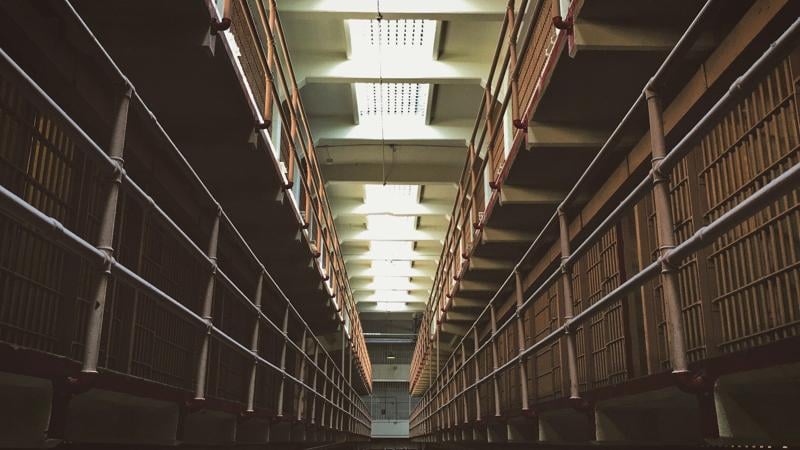California spent an average of $1.7 million housing and treating each “sexually violent predator” discharged from state mental hospitals and in the process of transitioning to the community under care and supervision from a third-party contractor, a new state audit found.
About one third of those let out under supervision were ordered back to mental hospitals for noncompliance.
Between fiscal years 2003-2004 and 2023-2024 California paid almost $93 million to Liberty Healthcare to house, treat, supervise, and monitor 56 individuals the state has designated as “sexually violent predators,” — individuals defined as “convicted of specific sexually violent crimes and who also have significant mental health conditions as sexually violent predators.”
While the program has, on its face, been successful — only two participants, or 4%, reoffended during their supervision under Liberty Healthcare, one of whom was found to possess child pornography and the other failed a reporting requirement, compared to a 19% recidivism rate for those who were unconditionally released from state mental hospitals. Given that those given conditional release under the supervision of Liberty Healthcare are more of a threat than those with unconditional release, the 4% recidivism rate appears to be an improvement over the status quo.
Republicans attacked the program as a “no-bid contract,” but the state had tried four times to get other contractors to bid — Liberty Healthcare has won by default as the only bidder.
“Secretly attempted placements of SVPs near schools; attempted escapes and fence-hopping by SVPs; and the continuing hide-the-predator game-playing by the Newsom Administration has got to stop,” said State Sen. Minority Leader Brian Jones, R-San Diego. “The Legislature now has all the evidence we need to step in and reform the whole costly, wasteful, and dangerous SVP release program.”
The audit noted a concern that it takes the state about 17 months to place individuals in the community because few want to rent to SVPs, and local communities tend to assemble strong public opposition against any placements; in one near-placement, after the public was notified that a site was being considered, “vandals” flooded the house to make it uninhabitable.
When a court orders an individual released from state hospitals under Liberty Healthcare supervision, there is supposed to be a 30 day time frame from the order to placement in the community. In the 17 months until placement, individuals are held in state mental hospitals, which have extremely limited capacity relative to demand and are costly to hold individuals in. Because SVPs are not allowed to live near schools, and a homeschool counts as a school, the state audit noted when a new home school opens, SVPs must move.
The audit also found that in one third of cases, SVPs are unable to remain in the community due to noncompliance with the terms of their release; of the 56 individuals placed under Liberty Healthcare, 18 were sent back to mental hospitals for noncompliance.
The state auditor recommended that the state house SVPs waiting placement in transitional group housing that provides “supervision that is commensurate with the risk levels the residents may pose,” such as “24‑hour staffing and escorts when residents travel outside of the facilities.”
The overall audit found little fault with Liberty Healthcare, concluding it had “generally provided these individuals with the required services we evaluated in accordance with the number of services required by participants’ levels of care.”
The audit recommended that the state receive “best value” by considering allowing vendors to bid on separate services, or on providing services on a regional basis, and even consider moving some services in-house.






